



| Input Plug Types Accepted | ||||
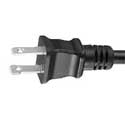 Type A Plug |
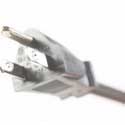 Type B Plug |
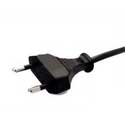 Type C Plug |
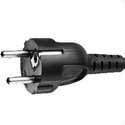 Type E Plug |
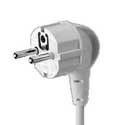 Type F Plug |
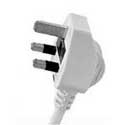 Type G Plug |
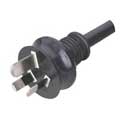 Type I Plug |
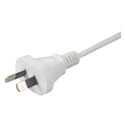 Type I (ungrounded) Plug |
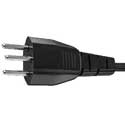 Type J Plug |
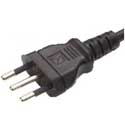 Type L Plug |
| Output Suitable for These Sockets | ||||
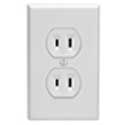 Type A Socket |
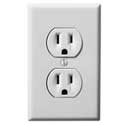 Type B Socket |
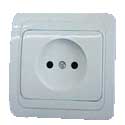 Type C Socket |
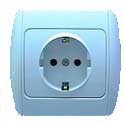 Type F Socket |
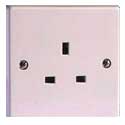 Type G Socket |
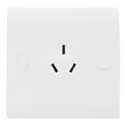 Type I Socket |
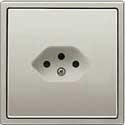 Type J Socket |
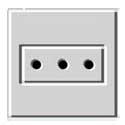 Type L Socket |
||
This will help us to show you adaptors that will work with your domestic devices.








Tip: If you are not located in the UK or USA just click on the picture that shows your domestic plug or socket / outlet type and we'll know what you need.
Alternatively if we do not support your specific plug / socket types yet you can close this and view the site with default settings.
You can change your preference at any time by clicking on the flag icons at the top of the page.